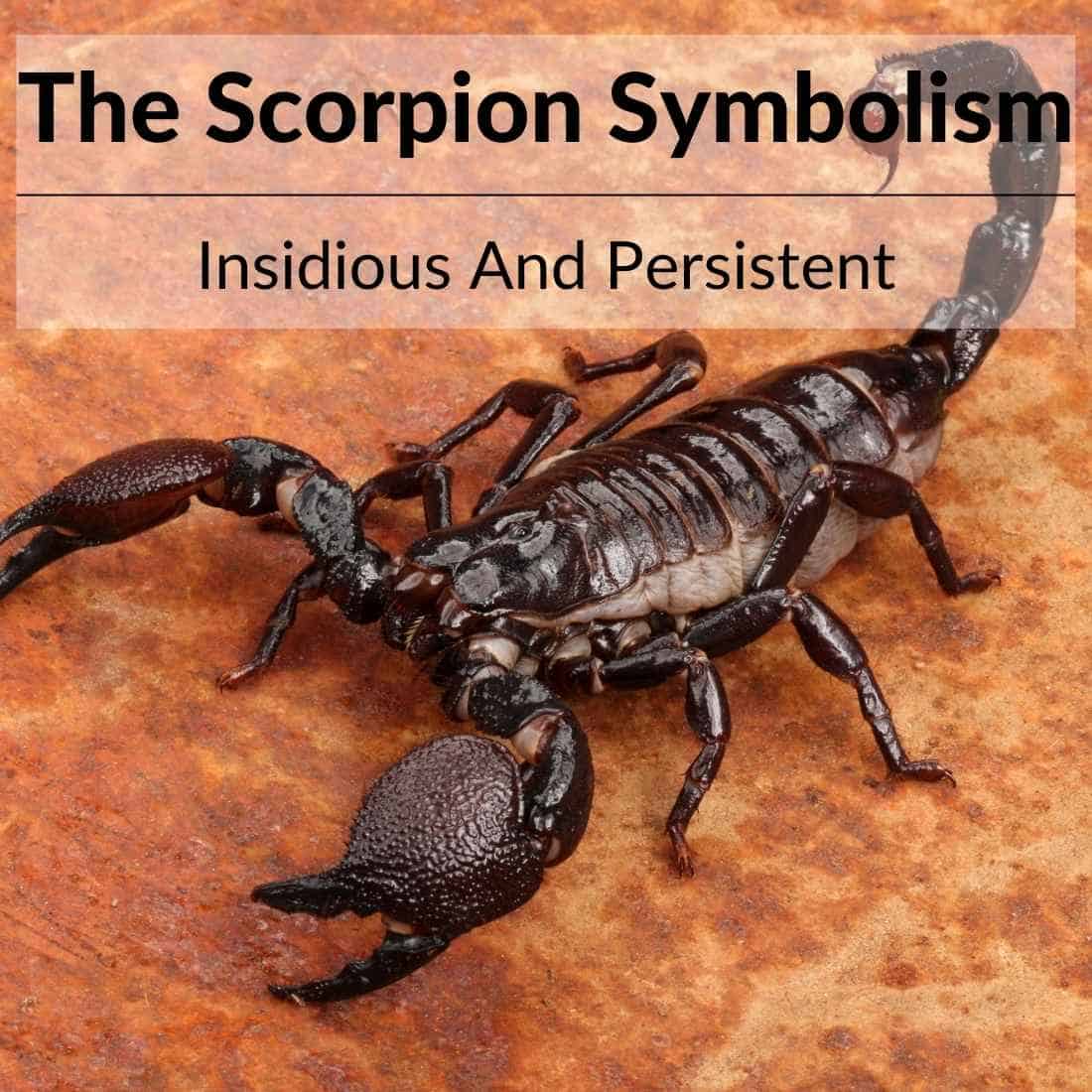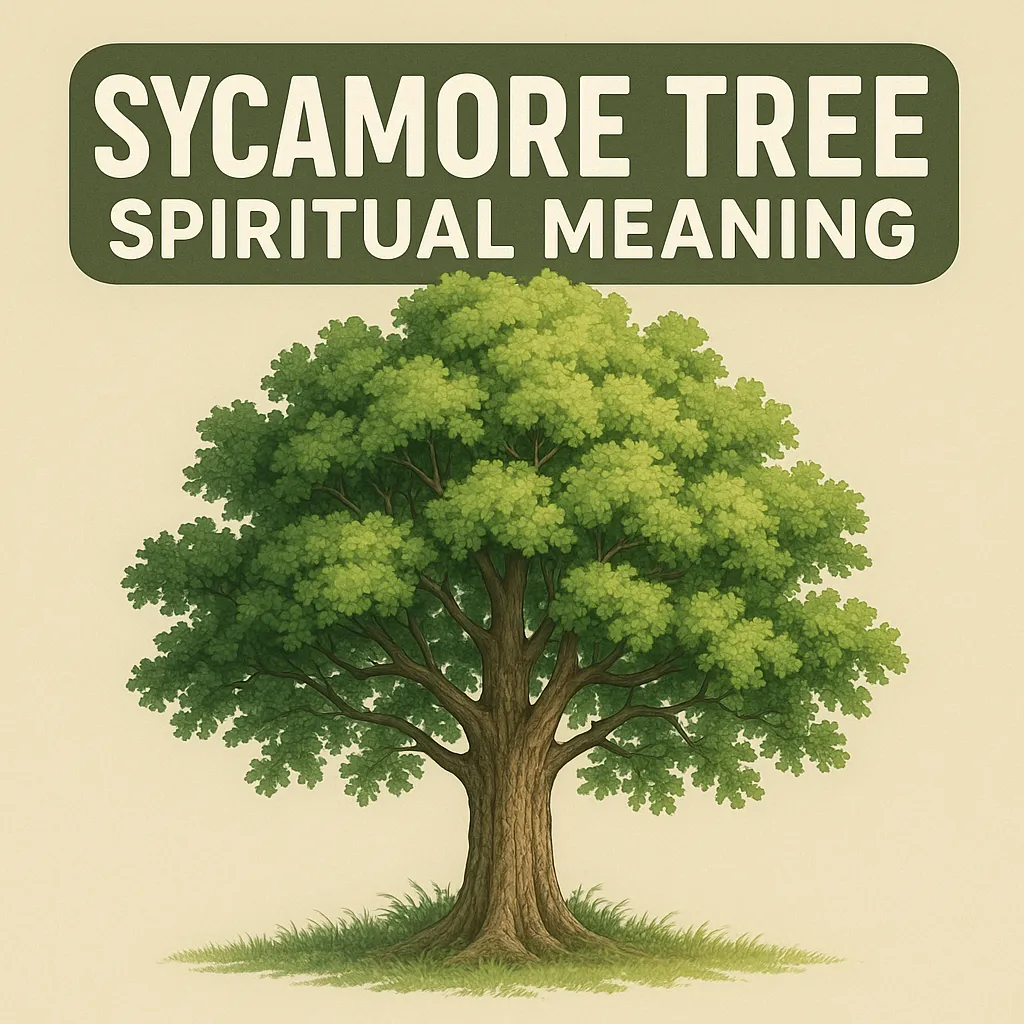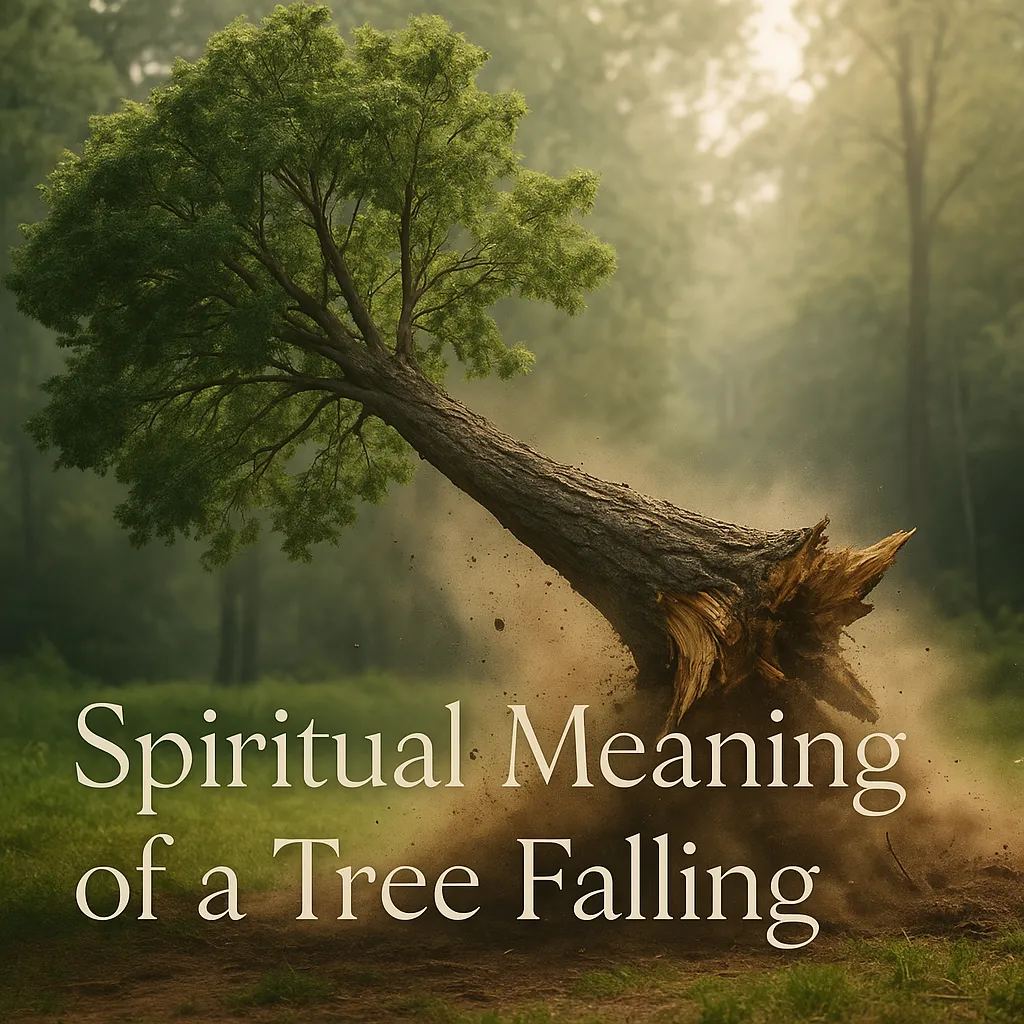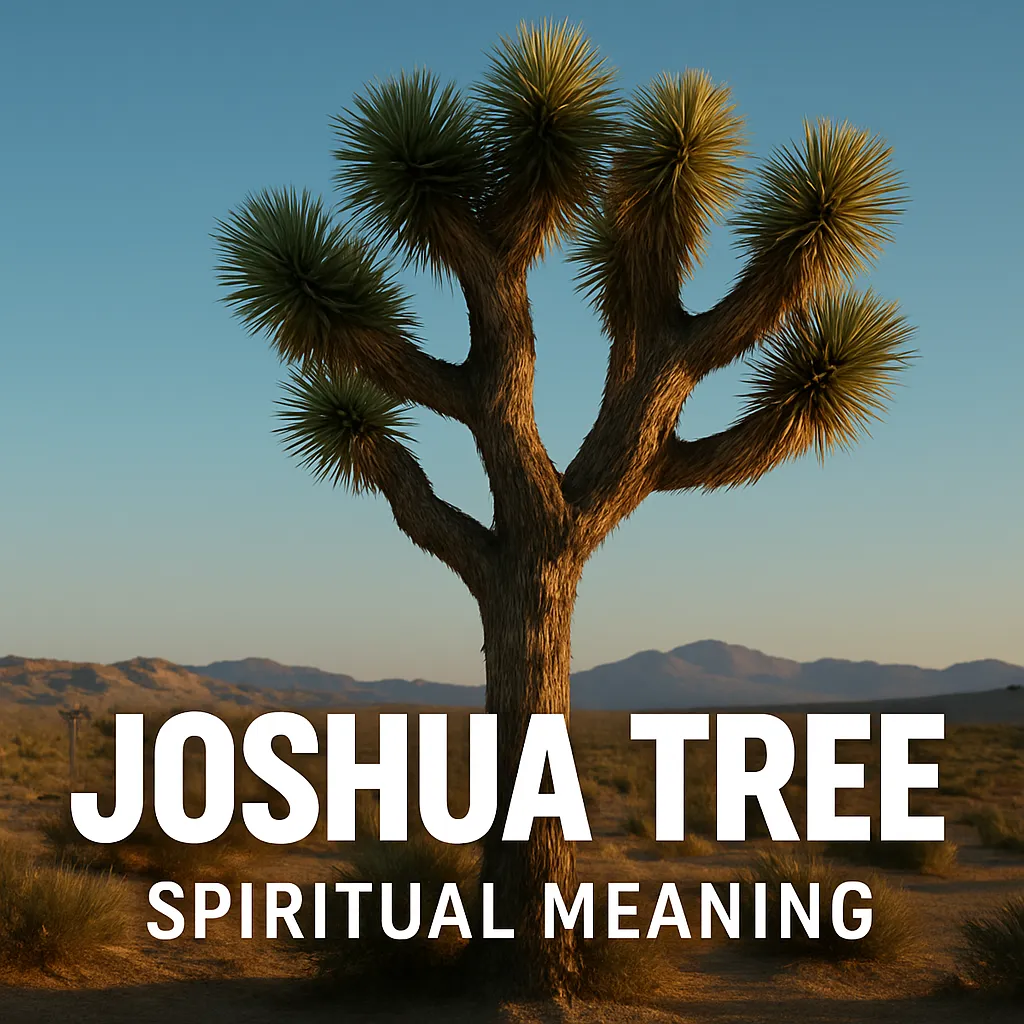Table of Contents
- 1 Key Takeaways
- 2 The Deep Symbolism of the Scorpion Across Cultures, Spirituality, and Mythology
- 2.1 Core Symbolism and Meaning of the Scorpion
- 2.2 Cultural and Religious Symbolism of Scorpions
- 2.3 Symbolic Literature and Cultural References
- 2.4 Scorpion Dreams and Spiritual Messages: What Do They Mean?
- 2.5 Encountering Scorpions in Real Life: Omens and Messages
- 2.6 Scorpion as a Spirit Animal and Totem
- 2.7 Scorpion Symbolism in Tattoos and Personal Expression
- 3 FAQ
- 3.1 What does the scorpion symbolize?
- 3.2 Are scorpions good luck?
- 3.3 Are scorpions evil?
- 3.4 Black scorpion spiritual meaning
- 3.5 Dead scorpion meaning
- 3.6 House scorpion meaning
- 3.7 What is the Aesop’s fable about the scorpion?
- 3.8 How many pairs of appendages do scorpions have?
- 3.9 What are the characteristics of scorpions?
- 3.10 What is the Egyptian scorpion goddess?
- 3.11 What is the Celtic scorpion tattoo meaning?
- 3.12 Are scorpions omnivores?
- 3.13 What are good names for scorpions?
- 3.14 What demon is associated with Scorpio?
- 3.15 How much does a scorpion weigh?
- 3.16 What is the spiritual meaning of a baby scorpion?
Key Takeaways
- Scorpions symbolize powerful transformation and rebirth, representing our ability to shed outdated aspects of ourselves and emerge renewed through life’s challenges.
- The scorpion’s defensive capabilities teach important lessons about healthy boundaries and self-protection, reminding us to guard our energy while discerning real threats from perceived dangers.
- Across diverse cultures from Ancient Egypt to Native American traditions, scorpions hold dual symbolism as both dangerous adversaries and powerful protective forces with medicinal properties.
- Scorpion dreams often reflect hidden fears or signal necessary personal evolution, with different scenarios revealing specific aspects of your subconscious processing life challenges.
- Modern science is discovering healing compounds in scorpion venom, reinforcing the ancient wisdom that what appears threatening often contains medicine – a powerful metaphor for transforming our painful experiences into wisdom.
The Deep Symbolism of the Scorpion Across Cultures, Spirituality, and Mythology
Have you ever encountered a scorpion in an unexpected place and felt a shiver run down your spine? Beyond the immediate reaction of caution, that tiny arachnid carries profound scorpion symbolism that has fascinated humanity for thousands of years. These ancient creatures, with their distinctive pincers and curved tails, hold spiritual significance that transcends their fearsome appearance.
Scorpions are remarkable survivors, thriving in harsh environments where few creatures can endure. They’ve remained virtually unchanged for over 400 million years, witnessing the rise and fall of dinosaurs and the emergence of humankind. This extraordinary resilience is just one reason why scorpion symbolism resonates deeply across cultures and spiritual traditions.
When a scorpion crosses your path, it might carry a message far more meaningful than simple caution. It might be inviting you to examine your own protective boundaries, embrace transformation, or tap into hidden wisdom that lies beneath the surface of consciousness.

Core Symbolism and Meaning of the Scorpion
At its essence, scorpion symbolism encompasses five profound spiritual aspects that speak to our human experience:
- Transformation & Rebirth: Like butterflies, scorpions undergo metamorphosis through molting, shedding their exoskeletons to grow. This process symbolizes personal evolution, spiritual renewal, and the shedding of outdated versions of ourselves.
- Protection & Self-Defense: The scorpion’s formidable defenses — powerful pincers and venomous sting — represent necessary boundaries and self-protection. They remind us of the importance of guarding our energy and establishing healthy limits.
- Mystery & Hidden Knowledge: Living primarily in darkness and able to see in ultraviolet light, scorpions symbolize the ability to perceive hidden truths and navigate shadowy realms of consciousness.
- Survival & Resilience: Few creatures match the scorpion’s survival abilities. They can slow their metabolism to survive on a single insect per year and withstand extreme radiation. This resilience speaks to our own capacity to endure life’s harshest challenges.
- Power & Control: The scorpion teaches discernment about when to use personal power. Their venom can be deadly or healing, depending on application — a potent metaphor for how we wield our own influence.

Cultural and Religious Symbolism of Scorpions
The scorpion’s symbolic significance varies dramatically across cultures, sometimes representing opposing forces depending on the tradition.
Biblical Meaning and Christianity
In biblical texts, scorpion symbolism often carries cautionary meanings. In Luke 10:19, Jesus tells his disciples: “I have given you authority to trample on snakes and scorpions and to overcome all the power of the enemy; nothing will harm you.” Here, scorpions represent spiritual adversaries and challenges to be overcome with divine protection.
Scorpions appear in Revelation as instruments of torment, and in Ezekiel’s vision, God tells him not to fear though he dwells “among scorpions” — symbolizing hostile forces. Yet some Christian interpretations also see scorpions as emblems of resilience and spiritual endurance.
Ancient Egyptian Reverence
The ancient Egyptians held a more balanced view of scorpion symbolism, associating these creatures with both protection and danger. The goddess Serket (or Selkis) was depicted as a woman with a scorpion on her head or as a scorpion with a woman’s head. As a protective deity, she guarded against venomous bites and stings while also watching over the deceased in the afterlife.
Pharaohs often incorporated scorpion imagery into their regalia as symbols of power and divine protection. According to The Metropolitan Museum of Art, scorpion amulets were worn as protective talismans against evil forces.

Greek Mythology and Zodiac Connection
In Greek mythology, the scorpion has a prominent role in the tale of Orion the hunter. After boasting he could kill any animal, the goddess Gaia (or in some versions, Artemis) sent a scorpion to humble him. The scorpion stung and killed Orion, and both were placed among the stars as the constellations Scorpio and Orion, positioned so they never appear in the sky together.
This mythological connection led to Scorpio becoming one of the zodiac signs (October 23-November 21). People born under this sign are said to embody the scorpion’s intensity, passion, and transformative energies. Like the phoenix, the scorpion represents death and rebirth in astrological traditions.
Native American Perspectives
Among various Native American tribes, scorpion symbolism carries mixed meanings. The Hopi and Navajo peoples of the Southwest respected the scorpion as a creature of medicinal power and protection. Some tribes incorporated scorpion imagery into healing rituals, believing that the same venom that could harm also held curative properties when properly channeled.
The Ojibwe and other woodland tribes viewed scorpions as symbols of survival and self-reliance, admiring their ability to thrive in harsh conditions through adaptability and resilience.

Symbolic Literature and Cultural References
Throughout literature and cultural storytelling, the scorpion appears as a complex symbol with layered meanings. Perhaps most famous is Aesop’s fable “The Scorpion and the Frog,” in which a scorpion convinces a frog to carry it across a river, only to sting the frog midway—dooming them both. When the dying frog asks why, the scorpion replies, “It is my nature.”
This tale has been interpreted in numerous ways—as a warning about trusting those with harmful intentions, as commentary on the difficulty of changing one’s essential nature, or as a meditation on self-destructive tendencies. The scorpion here represents both danger and tragic inevitability.
In modern literature, scorpions often symbolize hidden threats, transformation through adversity, or necessary protective measures. Writers like Paulo Coelho have used scorpion imagery to represent life’s unavoidable challenges that ultimately strengthen us.
The scorpion’s dual nature—both deadly and medicinal, frightening yet fascinating—continues to capture human imagination across art forms. Like the moth drawn to flame or the
Scorpion Dreams and Spiritual Messages: What Do They Mean?
When the scorpion enters your dreams, it brings a powerful message from your subconscious. Dream interpreters and psychologists suggest that these nocturnal visions of scorpions often reflect our deepest fears, hidden strengths, or impending transformations. The context of the dream—whether the scorpion appears threatening or protective—changes the interpretation significantly.
If you find yourself dreaming of scorpions frequently, pay attention to the emotions that arise during these dreams. Are you afraid, curious, or strangely comforted by their presence? Each response offers a window into your psyche’s processing of current life challenges.

Common Scorpion Dream Scenarios and Their Scorpion Symbolism
- Being surrounded by scorpions: This often symbolizes feeling overwhelmed by threats or criticisms in your waking life. It may suggest you’re experiencing a toxic environment where you feel constantly on guard, similar to how you might feel when finding a lizard in your house—something wild has invaded your safe space.
- Being stung by a scorpion: This painful dream scenario typically represents betrayal or a painful truth you’re confronting. The location of the sting matters—a sting to the heart might symbolize romantic pain, while a sting to the hand could represent challenges in your creative work or daily tasks.
- Killing a scorpion: When you dream of defeating a scorpion, you’re likely processing your triumph over fears or negative influences. This dream often appears during times of personal empowerment and psychological growth.
- A friendly or helpful scorpion: Though rare, dreams where scorpions appear as allies suggest you’re integrating shadow aspects of yourself or recognizing that perceived threats may actually offer protection or wisdom.
- A black scorpion: Black scorpion symbolism in dreams intensifies the mysterious and transformative aspects. Black represents the unknown, the unconscious, and potential for profound change.
According to Dr. Carl Jung’s archetypal psychology, scorpions in dreams often represent the shadow self—those parts of our personality we’ve repressed or denied. When they appear in dreams, they may be inviting integration of these disowned aspects of ourselves.
Encountering Scorpions in Real Life: Omens and Messages
What about when you encounter a scorpion in your waking life? Many spiritual traditions consider unexpected animal encounters as messages or omens. The scorpion, with its ancient lineage and powerful presence, is particularly noted for carrying significant spiritual meaning.
Seeing a Scorpion in Your House Meaning
Finding a scorpion in your home often creates immediate anxiety, but from a spiritual perspective, this visitor might carry important messages:
- A call to examine boundaries in your personal life
- A reminder to protect your sacred spaces and energy
- An invitation to confront fears you’ve been avoiding
- A signal of transformation beginning in your domestic life
Many traditional cultures consider house visitations from creatures like scorpions as messages from ancestors or spirit guides. Similar to finding a moth in your house, these encounters often occur during significant life transitions.
Different colored scorpions carry distinct messages. A brown scorpion appearing in your home connects to earth energy, grounding, and practical matters requiring attention. The much rarer black scorpion encounter signals deeper spiritual transformation and shadow work that can no longer be postponed.

Scorpion as a Spirit Animal and Totem
Those who resonate with scorpion as a spirit animal often share distinct characteristics:
- Protective nature: Like the scorpion, these individuals fiercely defend loved ones and personal boundaries
- Intuitive perception: They can “see” what others miss, particularly potential threats or opportunities
- Transformative presence: They often catalyze change wherever they go
- Resilience through hardship: They demonstrate remarkable staying power during life’s challenging seasons
As a power animal, the scorpion lends its energy during times requiring protection, discernment, and strategic thinking. Those working with scorpion energy learn to wield personal power responsibly and recognize when to reveal or conceal their strengths.
According to shamanic practitioners, scorpion medicine teaches the timing of transformation—knowing when to shed outdated aspects of self and when to maintain protective barriers. This wisdom echoes the same protective qualities found in symbols of protection across various cultures.
Scorpion Symbolism in Tattoos and Personal Expression
Scorpion tattoos rank among the most popular animal designs worldwide, each carrying personal and cultural significance for the wearer. These permanent body art choices often represent:
- Personal transformation and rebirth
- Protection against negative energies
- Connection to Scorpio zodiac energy
- Warrior spirit and courage
- Survival through adversity

The placement of scorpion tattoos also carries meaning. A scorpion inked on the back suggests protection from unseen threats, while one on the forearm or hand represents active defense and personal power. Many choose scorpion imagery combined with other symbols like the phoenix to emphasize the rebirth aspect of scorpion symbolism.
Contemporary artists note that requests for scorpion tattoos often increase during major life transitions—career changes, relationship endings, or recovery from illness—reflecting the scorpion’s association with transformation and resilience.
The American Psychological Association has documented how symbolic tattoos can serve as powerful psychological anchors during difficult life transitions, with animal symbols like the scorpion providing visual reminders of inner strength during challenging times. According to a study published in the Journal of Clinical Psychology, symbols of transformation and resilience chosen for body art often correlate with improved coping mechanisms during life crises.
FAQ
What does the scorpion symbolize?
The scorpion symbolizes transformation, protection, resilience, and personal power. Across cultures, it represents both danger and healing, teaching us about necessary boundaries and the wisdom gained through facing life’s challenges. This ancient creature embodies the ability to transform poison into medicine.
Are scorpions good luck?
Scorpions are considered good luck in several cultures, particularly in Egypt and parts of the Middle East. They’re seen as protective guardians that ward off evil. In some traditions, a scorpion appearing in your home signals incoming positive transformation rather than danger.
Are scorpions evil?
Scorpions aren’t inherently evil but simply follow their nature as survivors. Their defensive capabilities evolved for protection, not malice. Many spiritual traditions recognize scorpions as neutral forces that teach discernment and boundary-setting rather than representing evil.
Black scorpion spiritual meaning
Black scorpions carry intensified spiritual significance, representing mystery, the unconscious mind, and profound transformation. Their dark coloration connects them to shadow work and the hidden aspects of self that, when integrated, lead to spiritual rebirth and empowerment.
Dead scorpion meaning
Finding a dead scorpion often symbolizes the end of a difficult period. It suggests you’ve overcome challenges that once threatened you. In some traditions, it signals the release of old fears and transformation of negative energy into wisdom and strength.
House scorpion meaning
A scorpion appearing in your home carries spiritual messages about examining personal boundaries and protecting your sacred space. It often appears during life transitions, suggesting transformation is occurring within your domestic sphere and inviting you to release fears.
What is the Aesop’s fable about the scorpion?
In “The Scorpion and the Frog,” a scorpion asks a frog for a ride across a river. Midway, the scorpion stings the frog, dooming them both. When asked why, the scorpion replies, “It is my nature.” The fable explores unchangeable character and self-destructive tendencies.
How many pairs of appendages do scorpions have?
Scorpions have four pairs of walking legs plus a pair of pedipalps (the large front claws) and a pair of chelicerae (small mouthparts), totaling six pairs of appendages. This anatomical structure reflects their classification as arachnids, alongside spiders and ticks.
What are the characteristics of scorpions?
Scorpions are characterized by eight legs, powerful front pincers, and a segmented tail with a venomous stinger. They’re primarily nocturnal, glow under ultraviolet light, have remarkable survival adaptations, and can live for 2-10 years. Most species display protective parental behavior.
What is the Egyptian scorpion goddess?
Serket (also spelled Selkis) was the ancient Egyptian goddess of healing, protection, and scorpions. Depicted as a woman with a scorpion on her head, she guarded against venomous creatures and protected the deceased in the afterlife while overseeing healing and magical protection.
What is the Celtic scorpion tattoo meaning?
Celtic scorpion tattoos blend scorpion symbolism with Celtic knotwork, representing eternal cycles of transformation and rebirth. These designs symbolize protective warrior energy, personal power, and resilience. The intricate knotwork emphasizes the interconnection between life, death, and renewal.
Are scorpions omnivores?
Scorpions are not omnivores but carnivores. They primarily consume insects and other small arthropods, though larger species may eat lizards, snakes, or small mammals. Their specialized hunting adaptations and digestive systems are designed specifically for processing animal prey.
What are good names for scorpions?
Popular names for pet scorpions include Sting, Claws, Striker, Venom, Emperor, Serket (after the Egyptian goddess), Orion (from mythology), Shadow, Midnight, Pincer, Stinger, Scorpio, Bolt, Ember, and Onyx. Names often reflect their appearance, mythology, or formidable nature.
What demon is associated with Scorpio?
In occult traditions, Scorpio is associated with the demon Namira, representing transformation through darkness. Some demonology texts connect Scorpio with Barbatos, who reveals hidden treasures and reconciles friends and foes, reflecting the sign’s themes of mystery and regeneration.
How much does a scorpion weigh?
Scorpion weight varies significantly by species. Small species weigh as little as 0.02 ounces (0.5 grams), while the Emperor scorpion—one of the largest—can reach up to 2.5 ounces (70 grams). Average scorpions typically weigh between 0.1-1 ounce (3-30 grams).
What is the spiritual meaning of a baby scorpion?
Baby scorpions symbolize new beginnings within transformative journeys. They represent vulnerability during growth phases and the early stages of developing healthy boundaries. Spiritually, they remind us that even powerful protective energies start small and require nurturing to fully develop.



